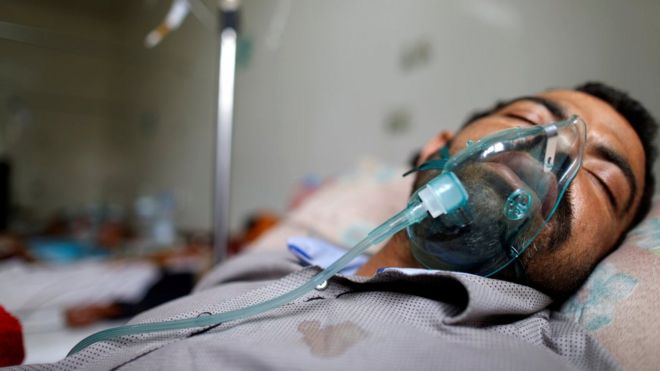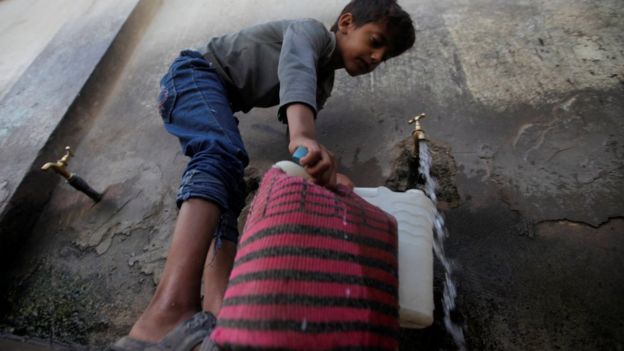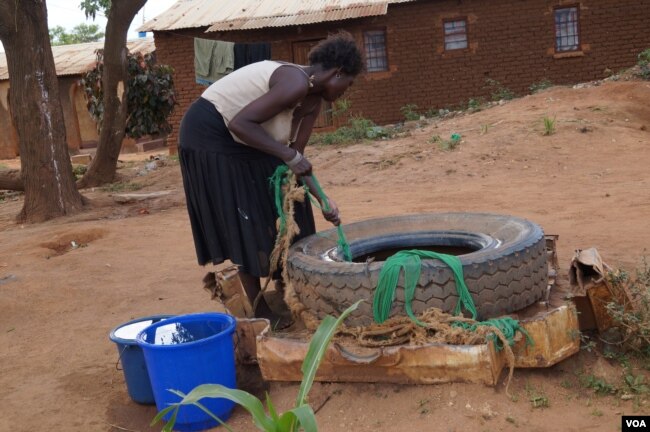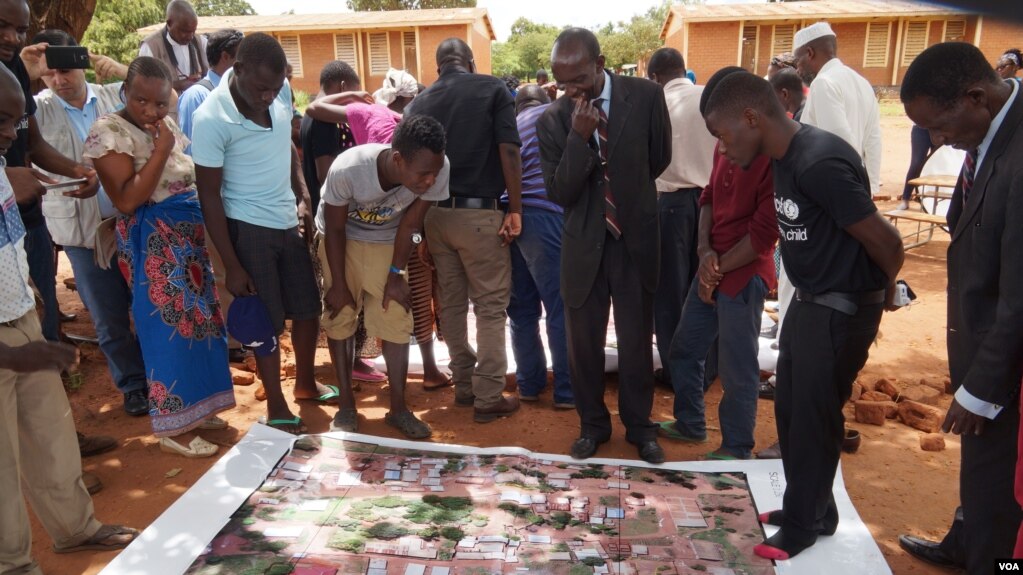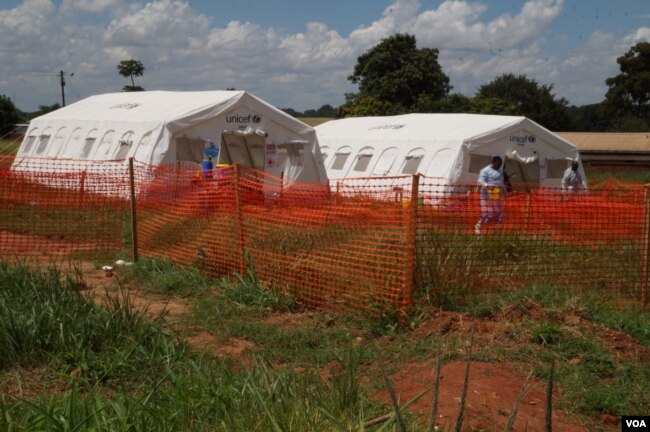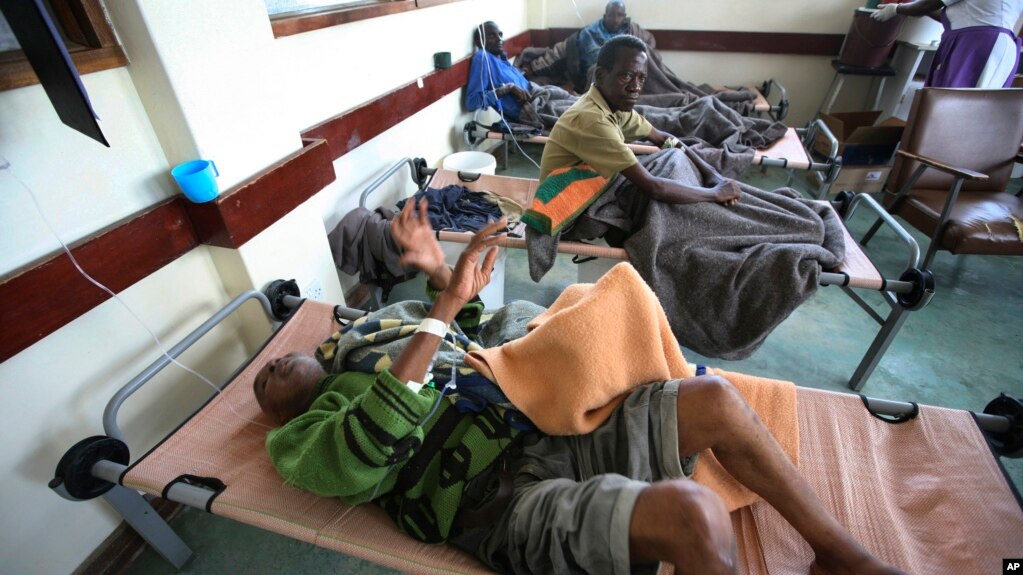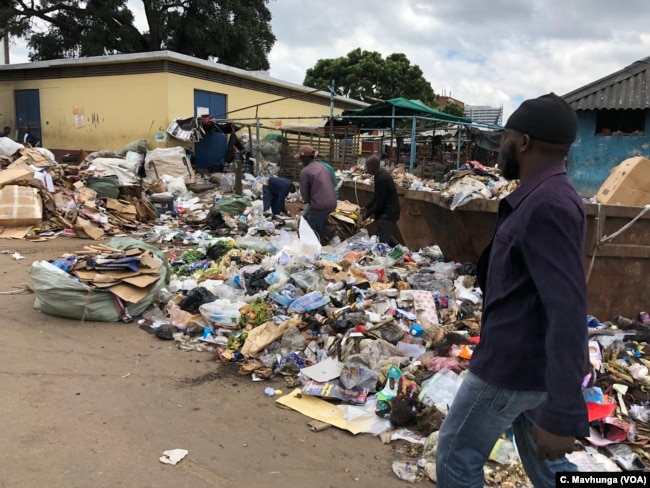MindWars
Diamond Member
- Oct 14, 2016
- 42,227
- 10,743
- 2,040
- Banned
- #1
Yemen’s cholera outbreak becomes worst in history
The cholera epidemic in Yemen has become the largest and fastest-spreading outbreak of the disease in modern history, with a million cases expected by the end of the year and at least 600,000 children likely to be affected. The World Health Organization has reported more than 815,000 suspected cases of the disease in Yemen and 2,156 deaths. About 4,000 suspected cases are being reported daily, more than
-------------------------------------------------------------------
Oh we can be sure Bill Gates will come to the rescue where he can give them some untested vaccines to see if they work .
The cholera epidemic in Yemen has become the largest and fastest-spreading outbreak of the disease in modern history, with a million cases expected by the end of the year and at least 600,000 children likely to be affected. The World Health Organization has reported more than 815,000 suspected cases of the disease in Yemen and 2,156 deaths. About 4,000 suspected cases are being reported daily, more than
-------------------------------------------------------------------
Oh we can be sure Bill Gates will come to the rescue where he can give them some untested vaccines to see if they work .



